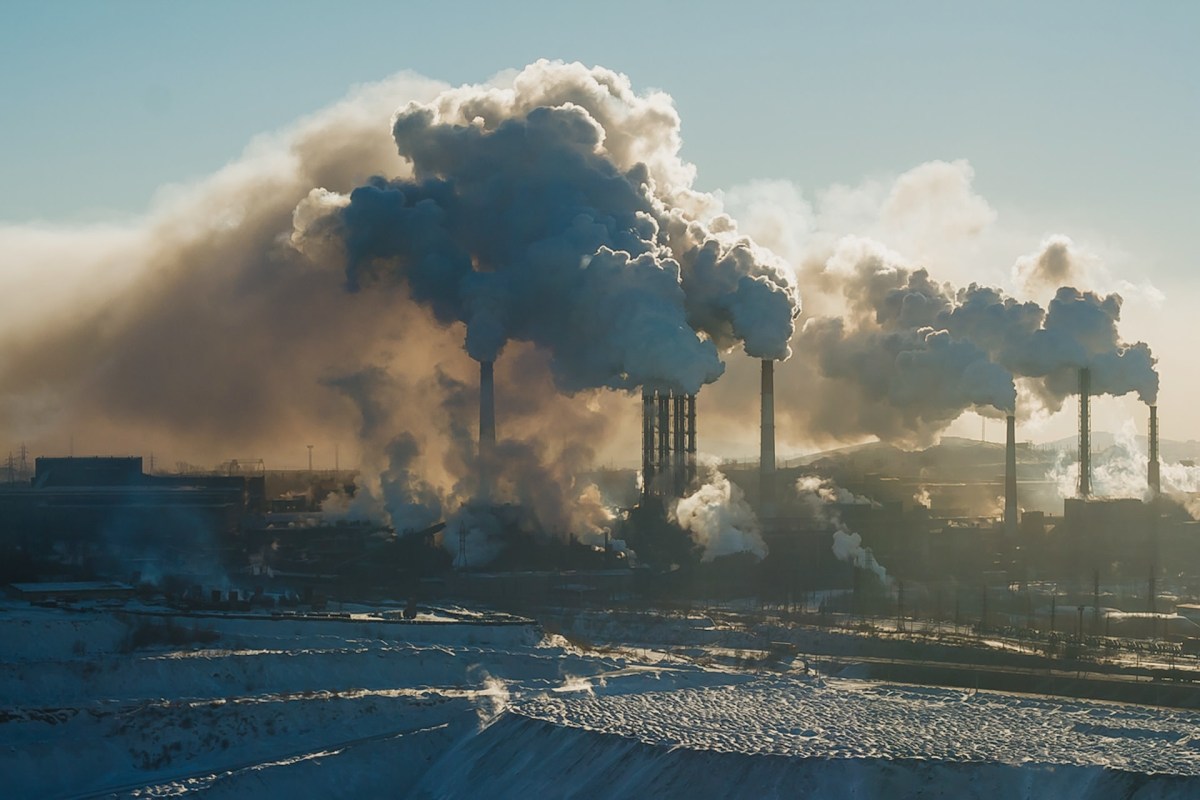In a move that advances the country's commitment to environmental justice, the Biden Administration announced new government regulations that strive to reduce toxic pollution released from industrial plants and protect the health of disadvantaged communities nearby.
As The New York Times reported, under the new guidelines from the Environmental Protection Agency, over 200 chemical plants must reduce harmful chemicals that the federal government found to be carcinogenic.
The new rules focus on reducing two pollutants in particular: ethylene oxide, which is used as a sterilizer, and chloroprene, a toxin commonly used to make rubber footwear. The framework will apply to plants along the Gulf Coast, Ohio River Valley, and West Virginia.
The neighborhoods that surround the industrial plants are predominately Black and Hispanic, and their health has suffered over the years. In fact, one area has been labeled cancer alley, but the cries of injustice have finally been heard as the federal government holds big industry accountable. The hope is that the new policy will reduce cancer risk in these communities.
The new federal rules are also a major win for the climate, pushing the economy toward a cleaner future. Experts estimate that overall air pollutants will decrease by 6,200 tons. This is a step in the right direction, considering industrial plants are a key contributor to the pollution overheating our planet.
Further, less pollution will help strengthen the ecosystem and protect biodiversity. The new EPA guidelines will scoot the nation closer to its net-zero by 2050 goal and improve overall air quality. This is the first time in two decades Washington clamped down on pollution limits for industrial plants, which is a huge stride forward as we collectively work toward a cleaner future.
In the press release issued by the EPA, Louisiana Congressman Troy Carter stated:
"This announcement is a monumental step towards safeguarding public health and the environment. By slashing over 6,200 tons of toxic air pollutants annually and implementing fenceline monitoring, this addresses health risks in surrounding communities and promotes environmental justice in states like Louisiana."
In the same release, Earthjustice Vice President for Healthy Communities Patrice Simms said, "Today marks a victory in the pursuit for environmental justice, with the final rule poised to significantly reduce the toxic air pollution that harms communities in Texas's Gulf Coast, Louisiana's Cancer Alley, and throughout the U.S."
Simms further told the Times, "In a very real sense this is about life and death."
Join our free newsletter for cool news and actionable info that makes it easy to help yourself while helping the planet.









